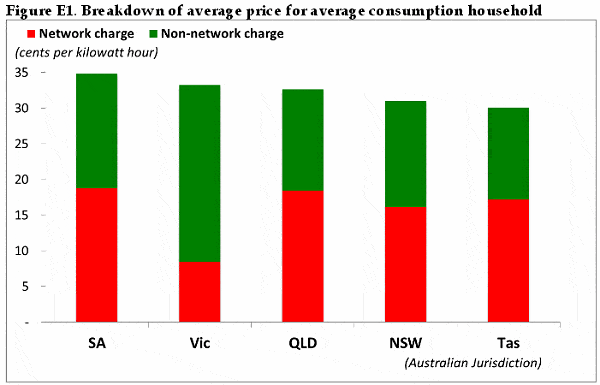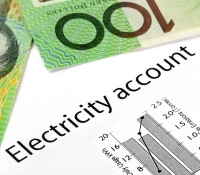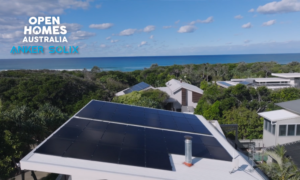Power bills are one of the biggest sources of financial distress for low income Australians – and network costs make up a big chunk of those bills.
UnitingCare Australia says many Australians are paying significantly more than people in other parts of the world in electricity network charges; the unavoidable “poles and wires” aspects of power bills.
A report UnitingCare commissioned from Carbon and Energy Markets looks into how consumers are being charged for the supply of electricity and how that stacks up against international energy markets.
“The highest charges in Australia are four times more than the lowest charges, and double the highest price charged in Great Britain,” said Lin Hatfield Dodds, National Director of UnitingCare Australia.
“While Britain may have smaller networks to maintain, they also have complex networks in high density regions and it seems surprising that there is such a large discrepancy between their costs and the costs many Australians are facing.”

The report states the gap between least expensive and most expensive network tariff has doubled over the last seven years.
Ms. Dodds says the current to and fro between the Australian Energy Regulator and networks is one that should be closely monitored as network charges in some parts of Australia are “simply unaffordable”.
“We want to be able to keep electricity prices low and also make sure that the network is still reliable. It is important that as the independent umpire, the AER successfully strikes that balance.”
While network charges are like death and taxes – unavoidable (short of dumping the grid altogether) – their sting can be lessened through installing a solar power system; which can offset some of the charges while still maintaining the convenience and reliability of the mains grid. With solar power panels for residential and commercial applications now available for zero dollars up-front, the last of the remaining barriers for many households and businesses to accessing cheaper electricity has disappeared.
If network charges cannot be reined in and once home energy storage becomes more affordable, the exodus from the grid could be faster than imagined.
“Network tariffs applicable to households in Australia: empirical evidence” can be viewed in full here (PDF).
Another charity weighed in on fixed charges for energy recently, specifically in Victoria. St Vincent de Paul says on average, dual-fuel (gas and electric) Victorian households are paying around $700 a year even before they switch an appliance on.














































